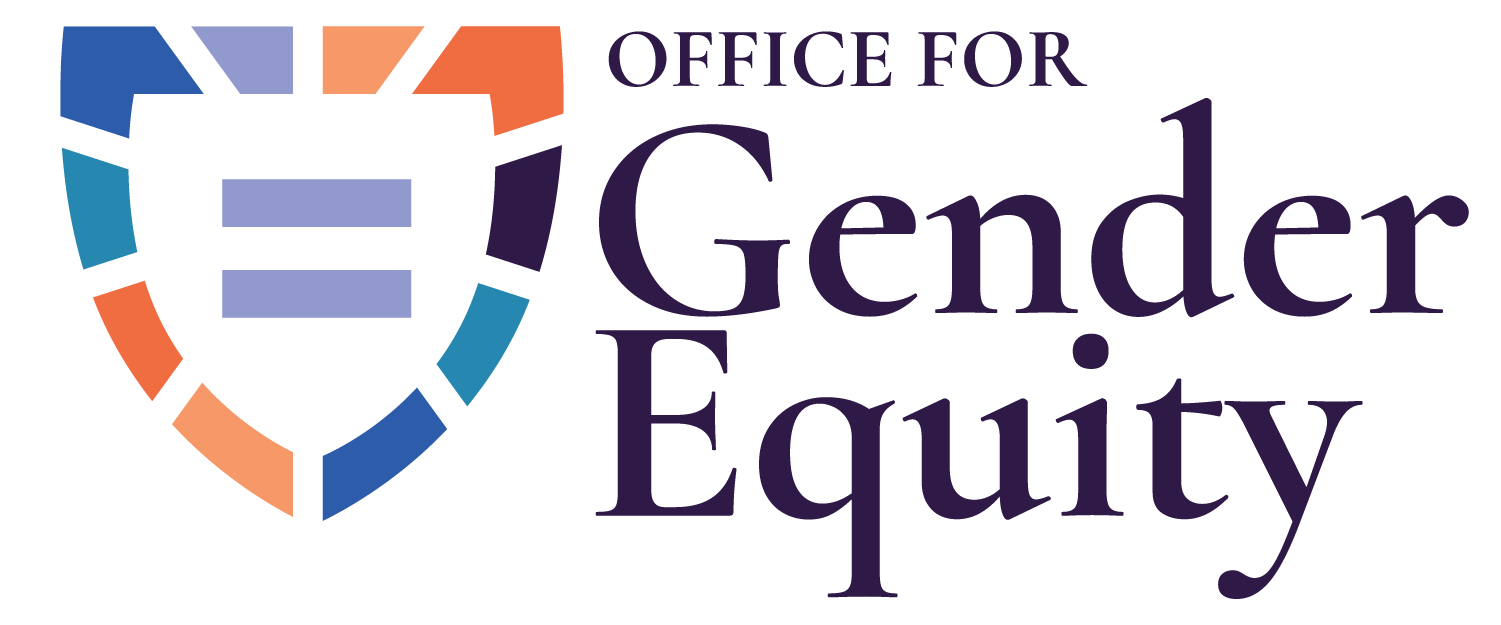Date:
Location:
Speaker: Sybil Chidiac, Senior Program Officer, The Bill and Melinda Gates Foundation
In countries and communities around the globe, women and girls lack full agency over the most fundamental aspects of their own lives, their own families, and across society. This inequality can be traced to structural barriers, like discriminatory laws and policies, which result in unequal pay and restricted access to land or property. Inequality is also the result of barriers that women experience in their day-to-day lives- such as cultural norms and expectations about women’s roles as wives, caregivers, and the people solely responsible for unpaid household work, not the owners and executives of enterprises big and small. More and more, governments and businesses are understanding the gaps that they are experiencing in their economies and their bottom lines are due to the lack of full female labor force participation. A recent World Bank Nigeria Spotlight summary features the upcoming Nigeria Gender Innovation Lab diagnostic report on gender's key statistic which found that Nigeria is forgoing an estimated US 9.3 billion to US22.9 billion in economic cost annually, in the form of agriculture and business earnings and employment wages." When this is mentioned, the reality of what is lost becomes real. Governments start to perk up and say how can we do better? How can we reap the benefits that this additional economic participation can bring? I’ll be focusing on my 20 years of work in helping to transform the policies, programs and incentives that foster inclusion of women and girls participation in economies can help bring about more healthy empowered and active economic actors.
This talk is part of the Gender in International Development Practitioner Lecture Series co-sponsored with Harvard Kennedy School's Evidence for Policy Design. In this lecture series we hear directly from practitioners, including those working on gender in the areas of building programs, law, advocacy, or institutional change. Speakers will share their insights about recent trends in the field, as well as challenges and successes in bringing a feminist lens to the work of international development.
- - - - -
Sybil Chidiac has operated for the past 20 years as a women’s inclusion development practitioner focused on the interface between finance, community, and technology. She is an experienced leader of global teams, strategic programs, and on the ground initiatives that support the engagement of the private sector, technical service providers, and government agencies across Africa, Asia and the Caribbean to advance women’s economic empowerment.
Throughout her career, Sybil has worked in partnership with African communities, government, banks, and fintech actors to catalyze new approaches into programs, and innovate digitally enabled products and services to reach women. Over the past two decades, her work has focused on developing innovative financial inclusion models and generating evidence that informs a broad understanding of savings groups as a platform for women’s social and economic transformation, as well as policies that drive key unlocks in the enabling environment.
As Senior Program Officer within the Gender Equality division at The Bill & Melinda Gates Foundation, Sybil Chidiac is responsible for developing strategies, and managing a portfolio of livelihood focused initiatives that advance critical Women’s Economic Empowerment outcomes across focal countries in sub-Saharan Africa.
Previously Sybil has held senior technical and management positions at CARE USA, Freedom from Hunger, Grameen Foundation and The Carter Center. Ms. Chidiac serves on the Truelift Steering Committee, and on M2i’s Independent SMART Certification Committee for Africa. Sybil holds a Bachelor of Arts in International Affairs and French from Emory University, a Master of Science degree in International Community Economic Development from Southern New Hampshire University, a certificate in Strategic Leadership in Microfinance from Harvard Business School. Over the past two decades, she has worked in over 16 African countries, totaling 21 globally, including developing and emerging markets.
Benin |Burkina Faso | Cote d’Ivoire | Democratic Republic of Congo | Egypt | Ethiopia | Ghana| Guyana | Haiti | India | Kenya | Malawi | Mali | Nigeria | Peru | Senegal | Sri Lanka| Tanzania | Uganda | Rwanda | Zambia. Lived in: France (1yr), Benin (3 yrs), Tanzania (7 yrs), USA (native)
